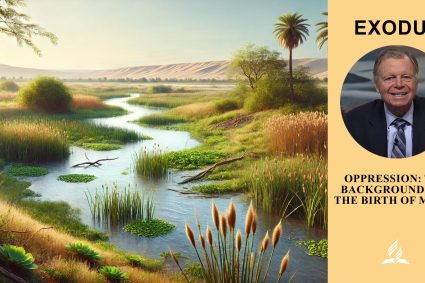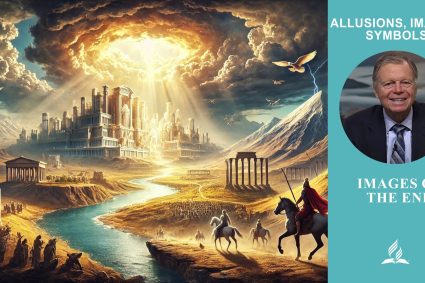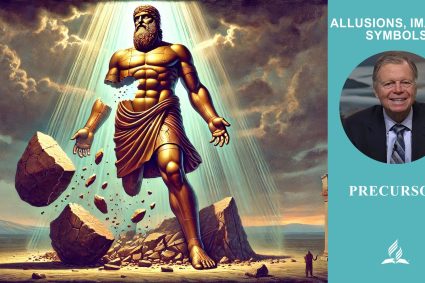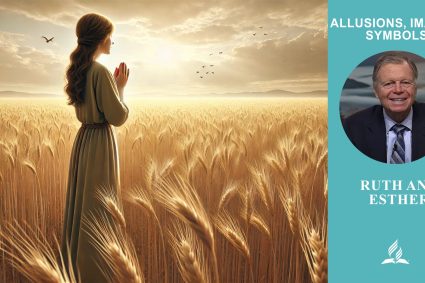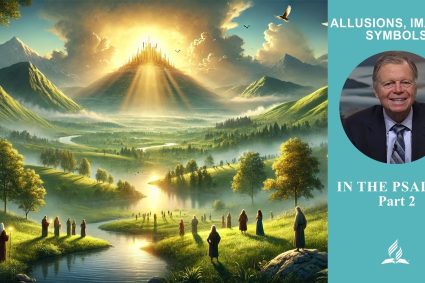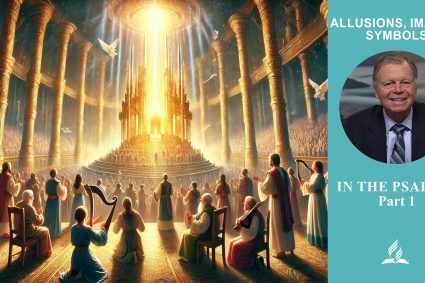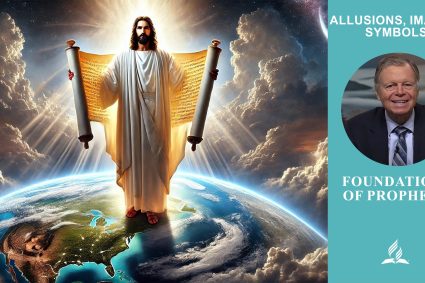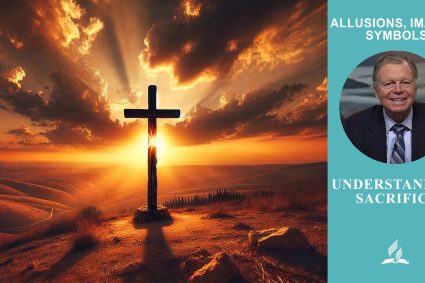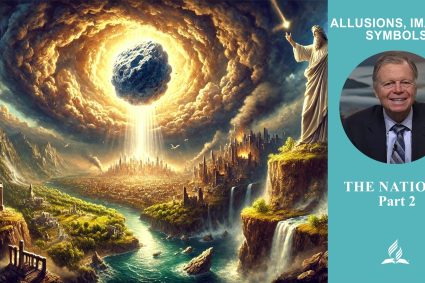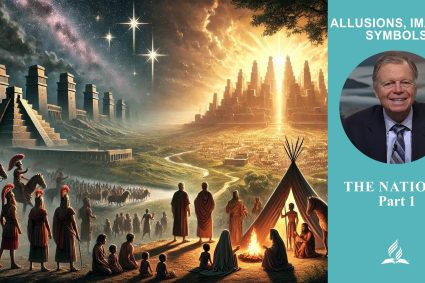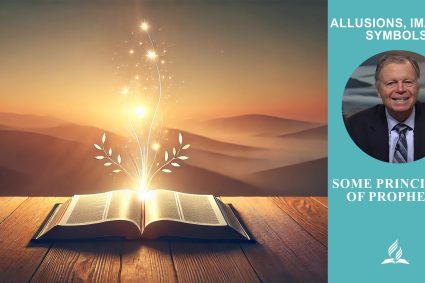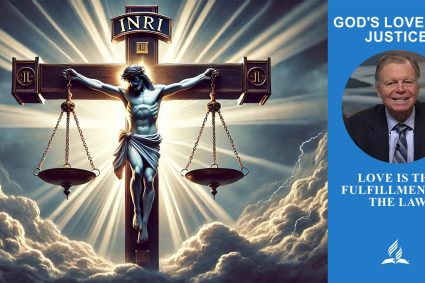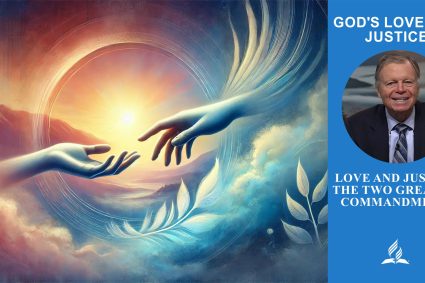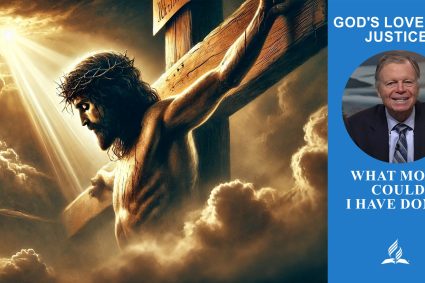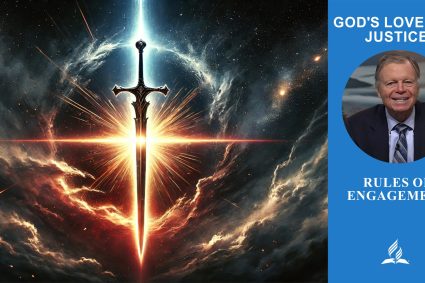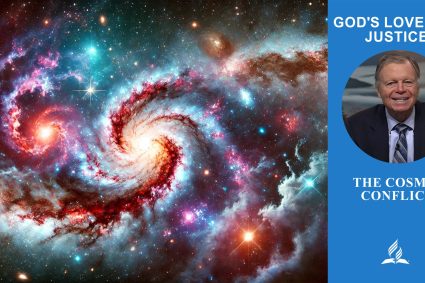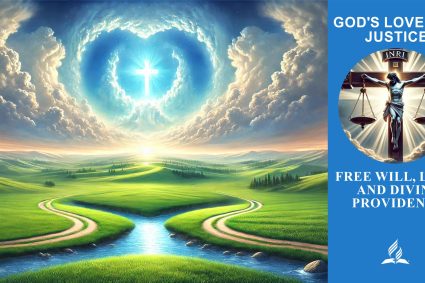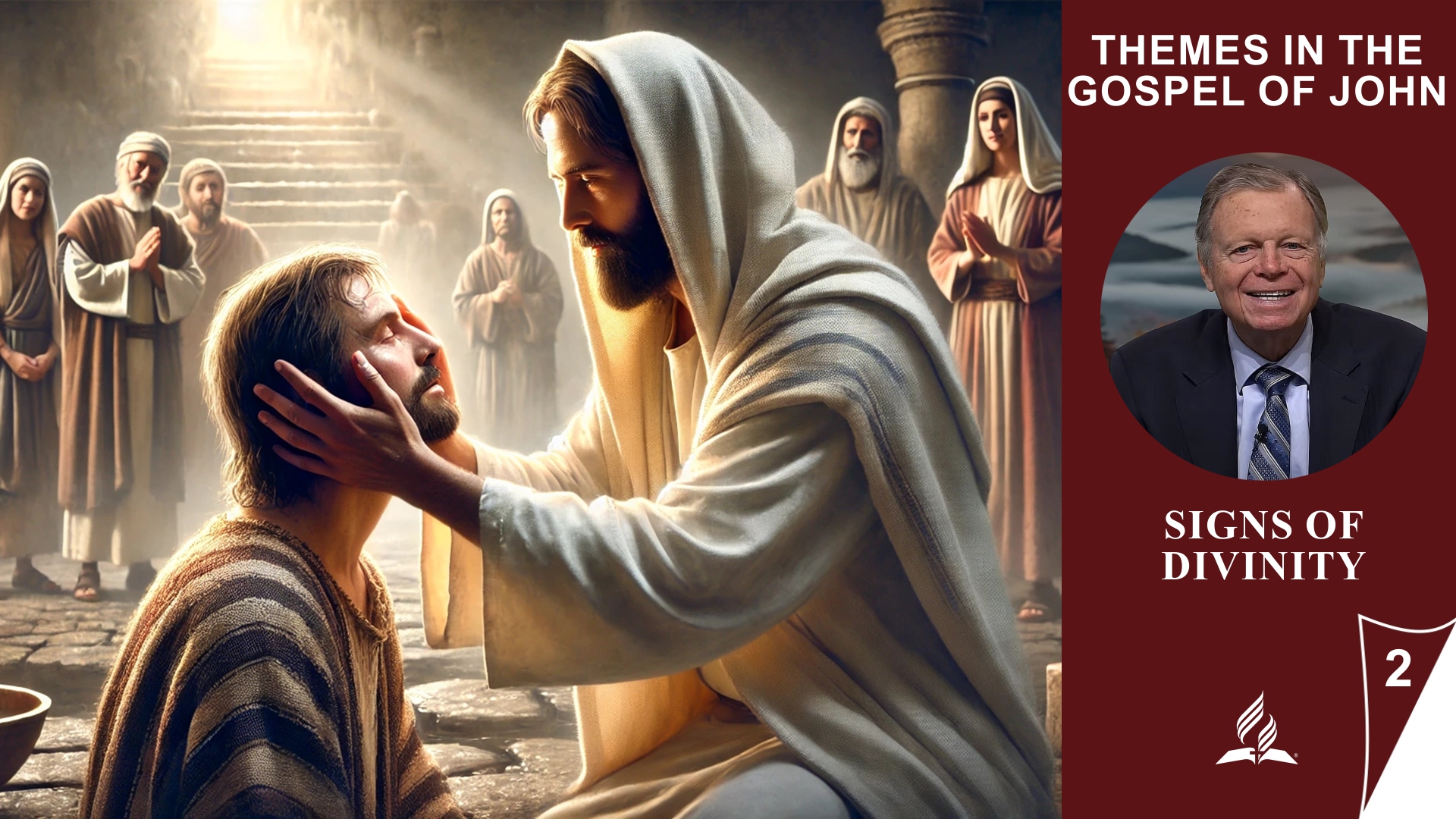
Series JESUS IN THE GOSPEL OF JOHN with Pastor Mark Finley |
Lesson 2.Signs of Divinity |
The Revelation of Jesus’ Divinity through His Miracles |
Lesson 2 explores the signs and miracles that reveal Jesus’ divinity. Through the Feeding of the Five Thousand, the Healing of the Blind Man, and the Raising of Lazarus, Jesus not only demonstrates His power over the physical world but also His role as Redeemer and Giver of Life. These miracles serve to point people towards a deeper spiritual truth: Jesus is the promised Messiah who has come to save humanity. His actions make it clear that He is not merely a prophet or teacher, but the divine Son of God. This realization invites believers to have faith in Him and receive eternal life.
Memory Text: John 11:25,26 – “Jesus said to her, ‘I am the resurrection and the life. He who believes in Me, though he may die, he shall live. And whoever lives and believes in Me shall never die. Do you believe this?’”
Content:
2.1 The Feeding of the Five Thousand
The Revelation of Jesus’ Divinity through the Feeding of the Five Thousand
In the story of the Feeding of the Five Thousand, John deliberately points to the temporal proximity to the Passover festival to highlight the parallel between Jesus and Moses. Just as Moses led the people of Israel in the wilderness and provided manna through God’s power, Jesus multiplied the loaves to feed the people. This act recalls the liberation from Egypt and symbolizes that Jesus is the new Moses who has come to finally free His people. The twelve baskets of leftovers refer to the twelve tribes of Israel, emphasizing the completeness and God’s care for His people. Through this act, Jesus not only shows His power but also His divinity by revealing Himself as the true Passover Lamb, sacrificed for the sins of humanity. This is particularly confirmed by Isaiah 53 and 1 Peter 2, which emphasize that Jesus took upon Himself our sins to redeem us—a truth that forms the foundation of our faith.
2.2 “Surely, He Is the Prophet”
Jesus’ Revelation as the True Bread of Life
In John 6:14–15, the people responded to Jesus’ miracles with the desire to make Him their earthly king, as they saw Him as the expected prophet who could politically liberate them. However, Jesus tried to shift their attention from the material miracles to the spiritual truth: He is the “Bread of Life” that came down from heaven to give eternal life to people. However, the people did not understand that Jesus came to free them from sin, not from political oppressors. Jesus’ “I am” statement (“I am the Bread of Life”) refers to His divinity, as revealed in Exodus 3:14. Yet the crowd was primarily seeking short-term benefits rather than recognizing the deeper spiritual significance of His mission.
2.3 The Healing of the Blind Man, Part 1
The Revelation of God through the Healing of the Blind Man
In John 9:1–16, the disciples thought that the man’s blindness was the result of sin, either his own or his parents’. Jesus corrected this assumption by explaining that the blindness was not due to sin, but that through this suffering, the works of God would be revealed. Jesus’ healing of the blind man by using mud to heal him recalls creation when God formed man from the dust of the earth. John’s account emphasizes less the healing itself and more the ensuing discussion, particularly the growing faith of the blind man and the increasing confusion of the Pharisees. Although the Pharisees saw Jesus’ healing on the Sabbath as a breach of the law, the miracle caused division among them as some could not believe that a sinner could perform such signs.
2.4 The Healing of the Blind Man, Part 2
The Spiritual Blindness of the Pharisees and the Growing Insight of the Healed Man
In John 9:17–34, the Pharisees repeatedly question the formerly blind man to challenge the authenticity of his healing and Jesus’ identity as a sinner. The man responds increasingly confidently, explaining that Jesus healed him and that no one who does not come from God could perform such a miracle. As the blind man gains more spiritual insight and believes in Jesus, the Pharisees become more obstinate and reject Jesus. This healing story shows a reversal of roles: the once blind man now sees clearly, while the religious leaders remain in their spiritual blindness. They refuse to recognize the obvious and expel the healed man from the synagogue. This story reminds us that true knowledge and wisdom are often given to those who are humble and open, as Paul emphasizes in 1 Corinthians 1:26–29, while worldly wisdom can be blinded.
2.5 The Resurrection of Lazarus
Jesus’ Power Over Death and the Revelation of His Divinity
The raising of Lazarus in John 11 is one of Jesus’ most powerful miracles and clearly demonstrates His divine power over death. Despite the mourning over Lazarus’ death and Jesus’ apparent hesitation, the delay served a higher purpose: the revelation of God’s glory and the confirmation that Jesus is the “Resurrection and the Life.” By raising Lazarus from the dead after four days in the tomb, Jesus proved that He has power over death and that through faith in Him, eternal life is possible. This miracle underscores the central message of the Gospel of John: Jesus is the divine Son of God, and through Him, we can receive true life. Yet, despite this incredible evidence, many of the leaders responded with disbelief and conspiracy, highlighting human blindness to divine wisdom.
2.6 Summary
The Revelation of Jesus’ Divinity through Miracles and Signs
In Lesson 2, Jesus’ divinity is clarified through various miracles and signs. In the Feeding of the Five Thousand, Jesus demonstrates His provision as the true “Bread of Life,” fulfilling people’s spiritual needs. The healing of the blind man reveals not only Jesus’ power over physical blindness but also the growing spiritual insight of the healed man in contrast to the Pharisees’ spiritual blindness. In the raising of Lazarus, Jesus demonstrates His power over death and reveals Himself as the “Resurrection and the Life.” These miracles confirm that Jesus is the divine Son of God who brings eternal life.
(Visited 56 times, 1 visits today)

